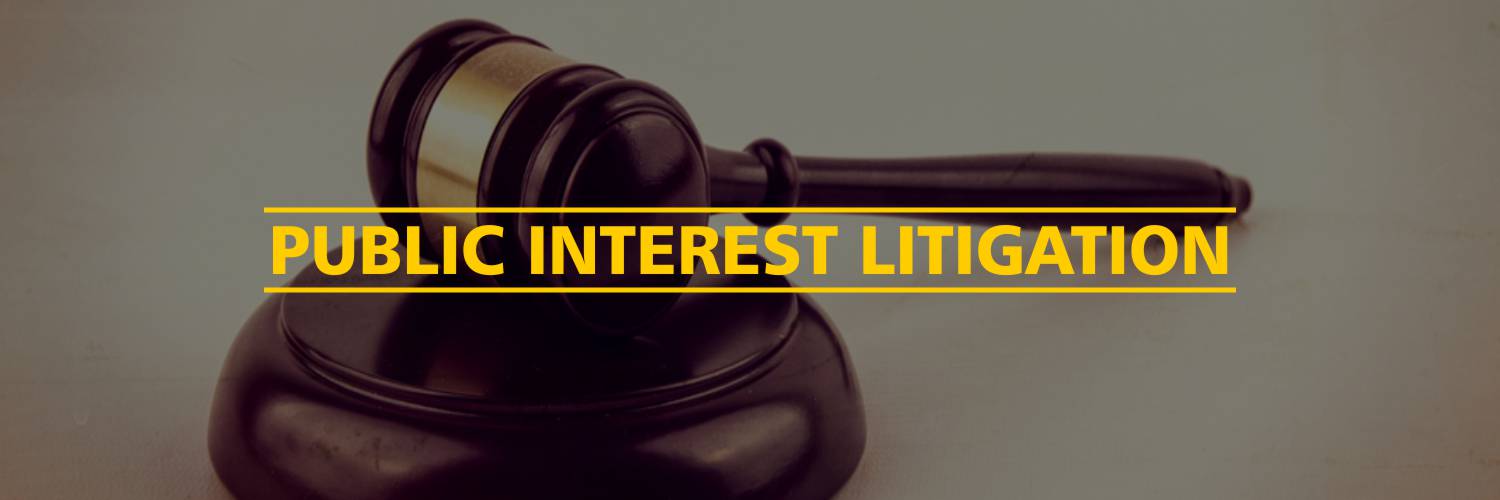Criminal Complaints
Criminal Complaint is a document submitted by the complainant to file a criminal complaint against an accused. In layman’s language, it is simply the written allegations of the complainant along with a summary of the facts of the case he seeks to present and the relief he seeks for the same.
The criminal process is invoked at the instance of the victim of the offence or any other person. According to Section 190 of the Criminal Procedure Code, 1973, any person can approach a competent Judicial Magistrate and lodge a complaint with him regarding the commission of an offence. The magistrate has the discretion to get the matter investigated by the police, or, have an inquiry made into the matter with a view to ascertaining whether there is sufficient ground for proceeding.
It is important to remember that it has to be filed within a certain time limit of the occurrence of the act in question as prescribed by the Limitation Act. It should also contain verification from the complainant with an assurance that all facts stated in the complaint are correct and true to his knowledge.
In criminal cases, generally, a vakalatnama is filed. It is a document that gives the advocate (who is appearing on your behalf) the authorization to fight for justice and handle all court procedures on your behalf. It also contains the terms and conditions of this authorization and lists out the rights of the advocate.
The court fee has to be paid by the Complainant as required by the Court Fees Stamp Act. The court fees usually amount to a nominal percentage of the value of the claim being made in the case filed and thus, differs depending upon the case.
Once the complaint has been filed with the court, it has to be properly served to the opposite parties, but usually, petitioners are not allowed to serve the complaint personally. The court also can issue a summons – an official summary document which the plaintiff needs to have served together with the complaint. The defendants have limited time to respond, depending on the State rules. A defendant’s failure to answer a complaint can result in a default judgment in favour of the petitioner.
FIR
In cases of cognizable offences, the first step is to approach the police. The police, on receiving information, will prepare a written document, known as a First Information Report (FIR). The duty of the police lies in hearing the aggrieved and directing him to the District Magistrate for further action.
Who can file FIR?
- the person against whom the crime has been committed
- the person who knows about the commission of an offence
Remedies in case of non-registration of FIR:
The police authorities are bound to register an FIR. But even if they refuse to register it, there are several remedies available such as:
- The complaint can be brought to the direct notice of Superintendent of Police or other higher officers.
- The complaint can be sent in writing and by post to the Superintendent of Police concerned. If he is satisfied with the complaint, he shall either investigate the case himself or order an investigation to be made.
- A private complaint can be filed before the court having jurisdiction.
- A complaint can be made to the State Human Rights Commission or the National Human Rights Commission.
The police will then conduct the investigation. After the conclusion of the investigation, the police will record all their findings in a Challan or charge sheet. If the police are satisfied that there is enough proof on the charge sheet, the case goes to court. If the police decide to close the case, it is bound to inform the person who filed the FIR.
ZERO FIR
A zero FIR is lodged for grave offences such as murder; rape etc. where the instant investigation is required and time cannot be wasted in reaching the police station under whose jurisdiction the crime falls.







